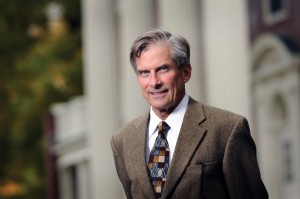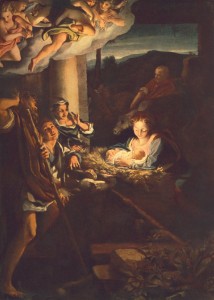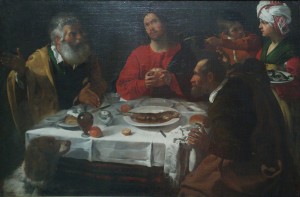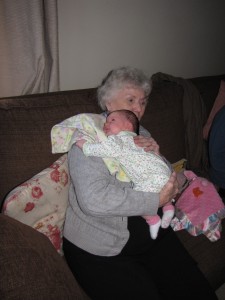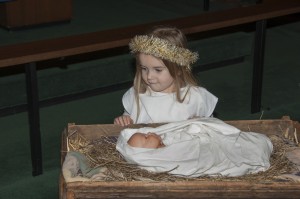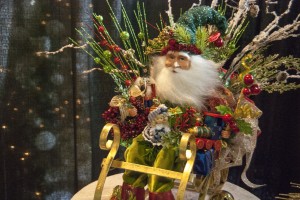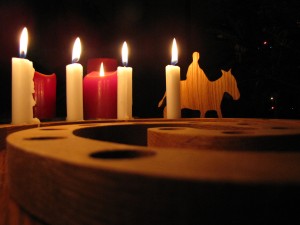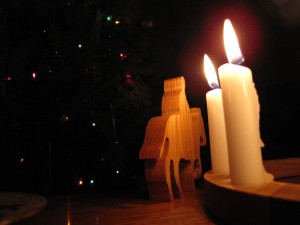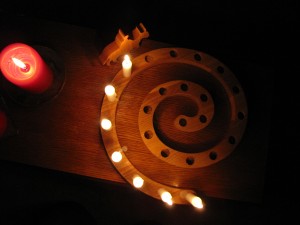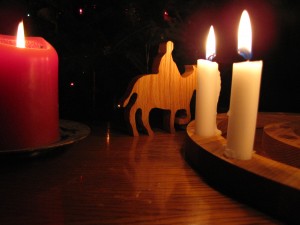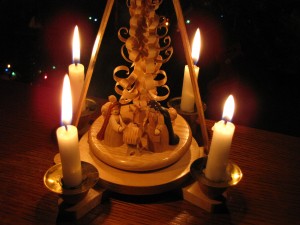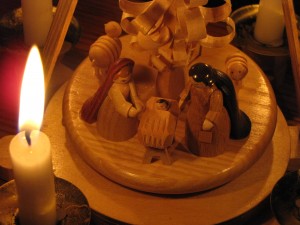It is a time of waiting.
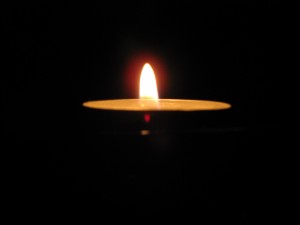
It is a time of waiting in darkness, of waiting in grief, of waiting in loneliness.
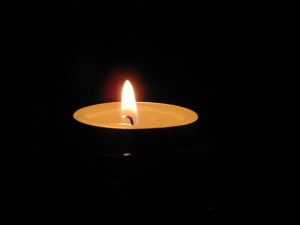
We are a people living in a land of darkness, in a land of the shadow of death, and as much as we would wish to skip the waiting and rush straight into the glorious light of Christmas, we are still living in Advent.
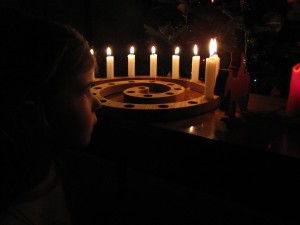
It is same as our desire to skip over the ugly of Good Friday and rush straight into the beauties of Easter Sunday. Yet we cannot get to the power of Easter without first living through the pain of Friday.
And we cannot get to the light and wonder of Christmas without first living through the darkness and tenuous hope of Advent.
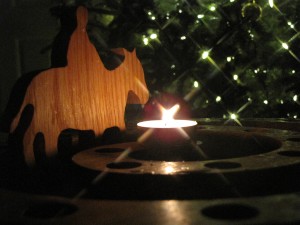
Even our Christmas hymns hint at this. They speak of a longing for deliverance, a yearning for Immanuel, God with us.
O come, o come Immanuel and ransom captive Israel that mourns in lonely exile here.
No more let sins and sorrows grow nor thorns infest the ground.
It is a time to linger with the deepest longing of our heart: the longing for God to come, the longing for God to make our world and our hearts right again.
Our world was a land of darkness with only the whisper of a light to come that anyone was able to hold on to.
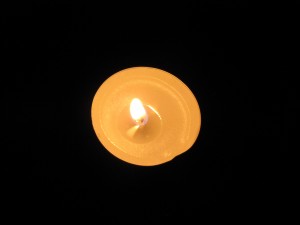
And then.
And then the end of the story broke gloriously into the middle of the story. The Christ, the Messiah, the end of our story came bursting through with light and stars, with angels and worship.
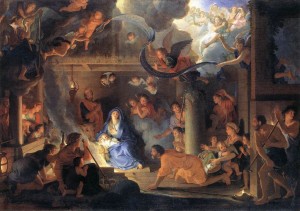
The light came and shone upon the people living in a land of great darkness. The light arrived and we saw that the darkness was not the final word.
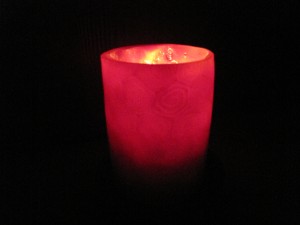
We still live in a land of darkness, but now we have more than a whisper. Now we have a glimpse of the Light Himself to hold on to. We have seen the breaking dawn and we know the end of the story.
It is still a time of waiting for yet another Advent.
It is still a time of waiting in the darkness. If we cannot linger through the darkness of our world’s need for the light, if we cannot dwell long in our own need for the darkness of our hearts to be banished, then we cannot ever reach the hope and joy of Christmas.
The deepness of the darkness is what shows us the glory of the light.
So wait. Linger in your waiting.
And then, when Advent is over, when Christmas Day finally arrives, you will be able to revel in the joy and hope of the light that came and that promises to come again.
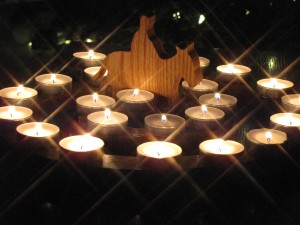
This time to banish all darkness for good.
Art credit: The Adoration of the Shepherds by Charles Le Brun










